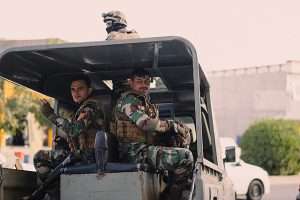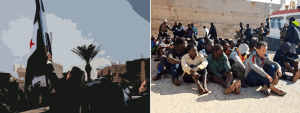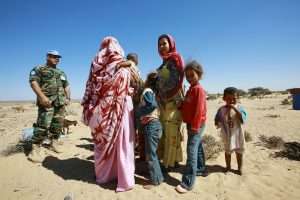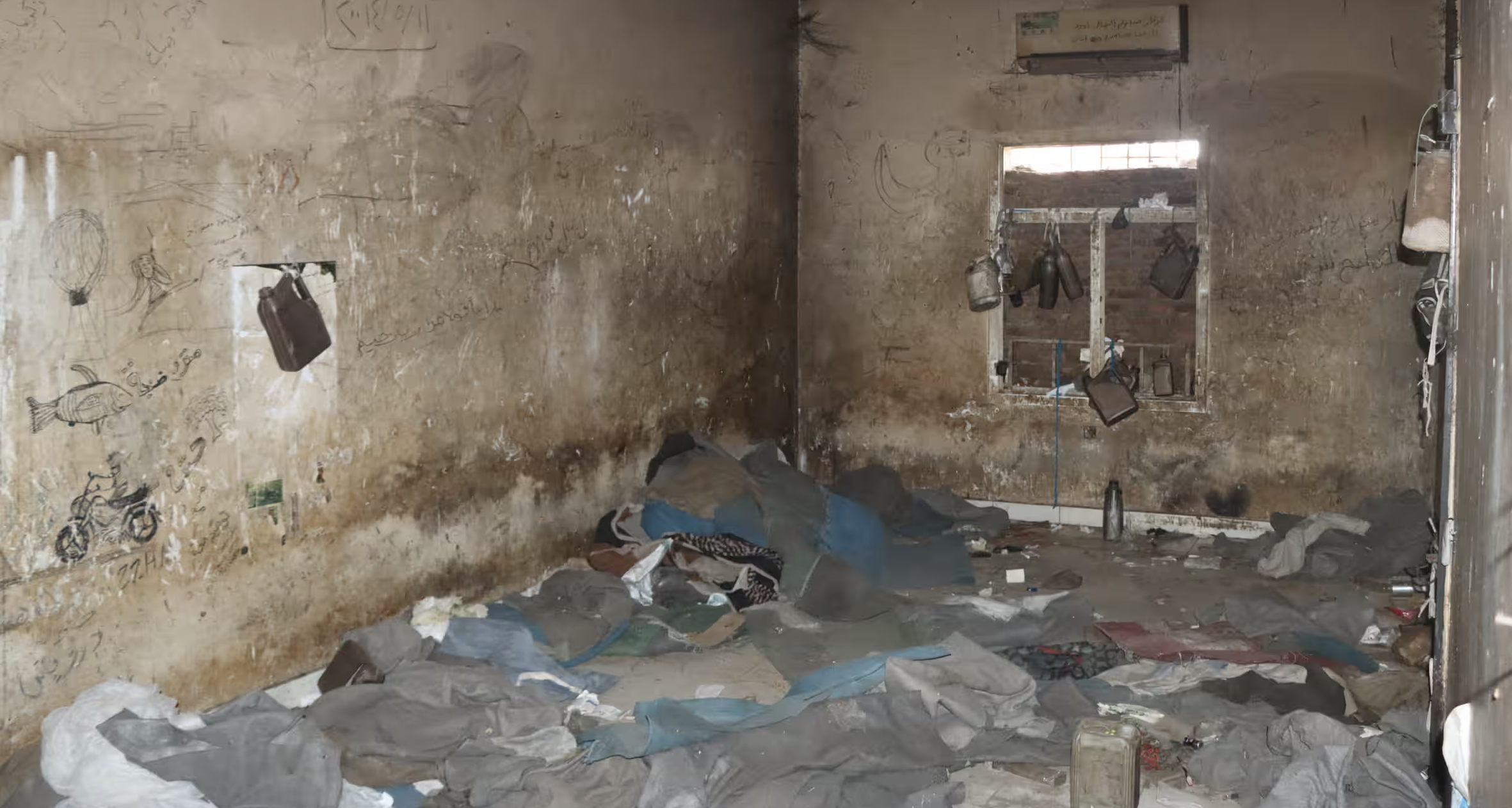Iran-backed Iraqi faction threatens Israel as conflict escalates
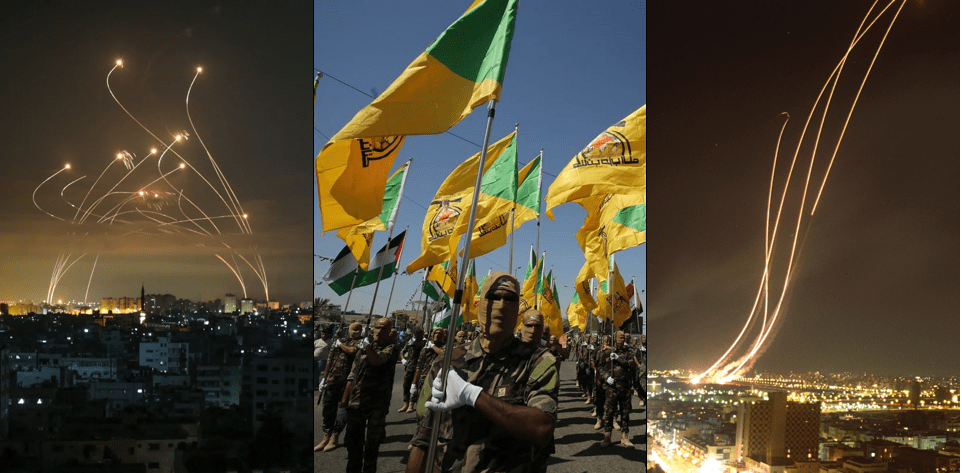
An Iran-backed militia in Iraq threatened to get involved in the conflict between Israel and Iran by attacking Israel, which has heightened concerns that the conflict will spread further across the Middle East, according to The National on June 16th.
Israel launched an attack on June 13th targeting military and nuclear sites across Iran, which has since been reciprocated with attacks from Iran.
Since Israel’s war in Gaza began in October 2023, Iran-backed groups in Iraq have avoided the kind of attacks from Israel faced by Hezbollah in Lebanon and Hamas in Gaza.
However on June 16th, Mohammed Al Tamimi, the leader of the True Promise Corps, which is part of a group known as the Islamic Resistance Iraq, said in a statement on X: “We declare that all the sites and camps of the entity [Israel] and anyone who supports it in the region are targets for us.”
Previously, Iran-backed militias in Iraq have avoided entering the conflict due in part to commitments to only enter conflict if US forces based in Iraq got involved to support Israel.
Although the statement made by Al Tamini marks a significant change in the Islamic Resistance Iraq’s stance, engaging in attacks against Israel and the US in Iraq would not necessarily be new for this group.
The Islamic Resistance Iraq previously said it was behind drone and rocket attacks against Israel and US forces in the region over the Gaza conflict, according to The National.
The group, Kataib Hezbollah, stated that it was watching the movements of US soldiers in the region and made threats against US intervention. “If America intervenes in the war, we will act without hesitation against its interests and bases in the region.”
Kataib Hezbollah also urged the government to close the US embassy and expel US troops in Iraq as a part of the multinational alliance against ISIS. Other groups backed by Iran have adopted the same stance.
On June 13th, Maghrebi via the BBC reported on the US beginning to evacuate non-essential embassy staff and their family members from Baghdad. Groups such as Kataib Hezbollah are calling on this partial evacuation to be expanded to fully close the embassy, removing all US staff and troops from Iraq.
Although a precise reason for the evacuation was not given, there was certainly a fear that Iran may retaliate against US interests in Iraq. Al Tamimi also threatened to take action against “Israeli agents” in Iraq.
The Kurdistan Region is part of the Republic of Iraq, but it is a semi-autonomous region with a strong independence movement. Iran, and the proxy groups in Iraq which it backs, have long alleged that Kurdistan is hosting a station of Israel’s Mossad spy agency.
The capital city of Kurdistan, Erbil, was highlighted by Al Tamimi as a potential target for the Islamic Resistance Iraq and referred to the city as an area for “training agents and spies.”
Despite the threats that Iran-backed Iraqi militias have been making against the US and Israel and their interests in Iraq, the government in Tehran carries major influence via Iraq’s political and paramilitary proxies.
If the Iranian government gets involved in another conflict, this could destabilise Iraq, a country that is already coming out of years of conflict and violence.
However, the head of the Iraqi Political Thinking Centre, Ihsan Al Shammari, stated that the Iraqi government is “powerless to persuade the Tehran-backed armed factions and won’t be able to limit their activities.”
According to The National, an Iraqi diplomat stated that “with each passing day, this conflict inches us closer to our worst nightmare: being dragged into this.” This confirms that the Iraqi government does not stand with these proxy groups.
He added: “We have made it clear to the Iranians that targeting the US troops in Iraq, whether directly or indirectly, will complicate the situation and asked them not to consider this option. They replied positively.”
On June 15th Iraq’s Prime Minister Mohammed Shia Al Sudani told his Iranian counterpart, Masoud Pezeshkian that “Iraq is keen to prevent the war from expanding.”
A statement from Iran revealed that President Pezeshkian “urged the Iraqi government to take measures to protect its airspace and prevent its territory from being exploited by adversaries,” according to The National.
This led to Iraq deploying air defence systems on June 15th primarily near the border with Iran, and Iraq filing an official complaint with the UN Security Council about Israel violating its airspace when Israel’s attacks on Iran began on June 13th.
The National, Maghrebi.org
Want to chase the pulse of North Africa?
Subscribe to receive our FREE weekly PDF magazine




